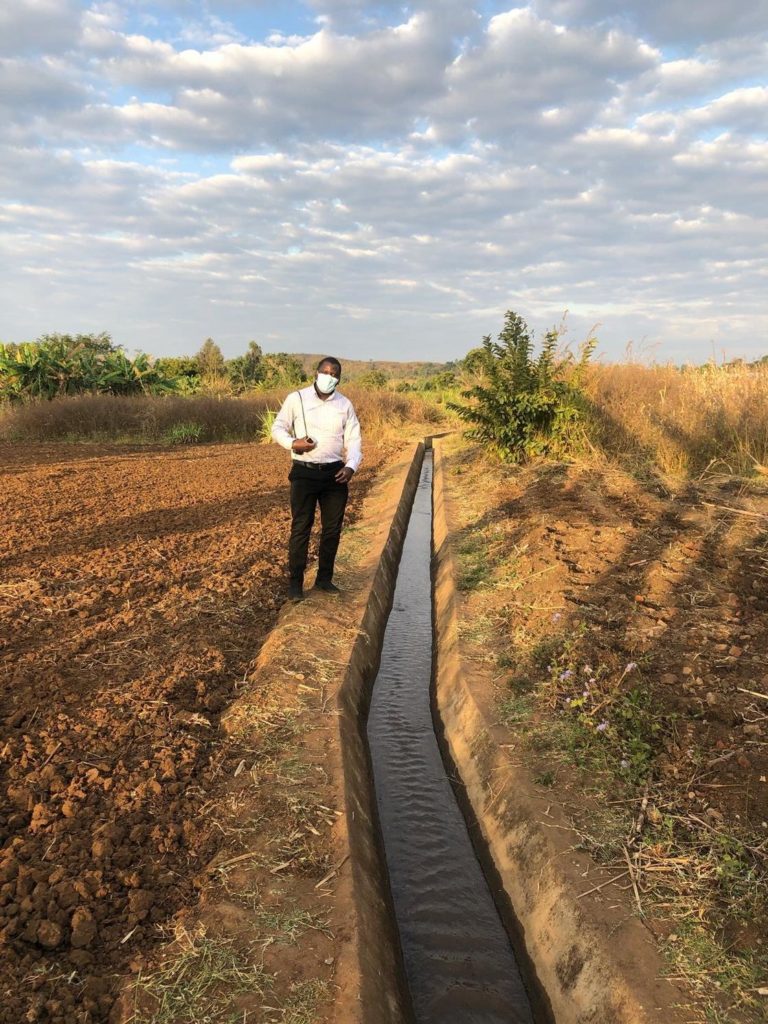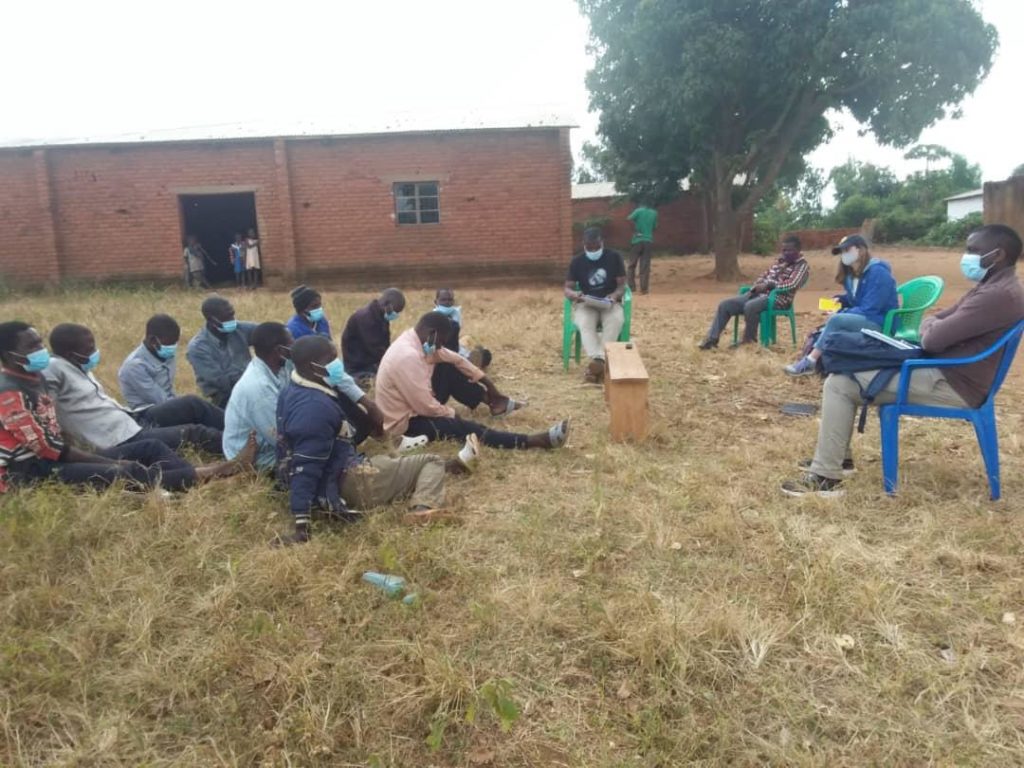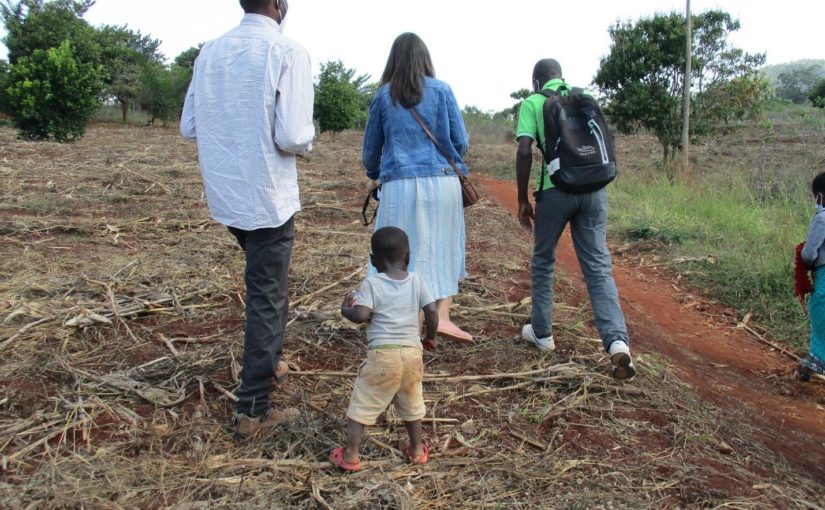by: Lauren Oliver
If you had asked me a month ago what it means to practice integral human development in impact evaluation, I would not have said anything about timing. It has only been through my experience conducting field research in southern Malawi for my Integration Lab (i-Lab) project these past few weeks that I have realized why it matters so much when data is collected and how the timing of collection could interfere with researchers’ recognition and upholding of human dignity.
My team and I are here in Malawi to conduct a follow-up evaluation of the five-year Wellness and Agriculture for Life Advancement (WALA) project completed by Catholic Relief Services (CRS) in 2014. CRS implemented WALA in an effort to reduce food insecurity by promoting watershed management and installing watershed “treatments” (check dams, marker ridges, and in some cases, irrigation schemes) in beneficiary communities. Though an initial evaluation completed during project close-out suggested that the treatments were well-received, a rapid assessment completed in 2018 painted a different picture. The author of this 2018 evaluation reported that the benefits of the treatments had not motivated a majority of beneficiaries to maintain the various structures and, as a result, WALA failed to achieve its objectives. Hoping to understand these disheartening results and avoid repeating the same mistakes, CRS asked us to investigate these findings as well as the barriers and drivers to long-term sustainability for watershed interventions.
We have met countless farmers and leaders eager to tell us about all the ways their lives have improved.
With this report in mind, we began our field research thinking that if the 2018 researcher found the WALA treatments in disrepair and people unwilling to even talk about watershed management, then surely, three years later, we would find only the remnants of the structures and community members who had forgotten about WALA entirely. Surely. To say that the opposite is true feels like an understatement. We have now met countless farmers and leaders eager to tell us about all the ways their lives have improved since WALA and to take us on a tour of the treatments. The findings we have collected so far bear no resemblance to those presented in the 2018 report.

There is only one way that we can think to explain these discrepancies: timing. The author of the last report visited at peak harvest time. Not only is this when farmers’ labor-demand is the greatest, but it also happens to be during peak rainy season as well when the treatments are withstanding the greatest load. Thus, when the researcher arrived in December of that year, farmers were irritated to be sitting in focus groups when there was so much work to be done and treatments that were difficult to assess—if not entirely undetectable—due to the high water levels in the rivers at the time.
There are endless ways that development practitioners can fail, often unintentionally, to uphold the dignity of others.
This is not to say that the researcher’s findings were wrong, but his conclusions were. Moreover, I would argue that the conclusions he drew and the way he presented them in the report misconstrue not only the impact of WALA on the beneficiary communities, but also the beneficiaries themselves. In his report, he describes the irritated community members as greedy and suffering from “resource-dependency syndrome,” a portrayal that I believe violates their inherent human dignity.
There were times this past school year when I would find myself sitting in the back of Clemens Sedmak’s Integral Human Development class or Hal Culbertson’s Ethical Issues in Humanitarian Practice course overwhelmed by the endless ways that development practitioners can fail, often unintentionally, to uphold the dignity of others. I don’t wish to sound hypercritical or turn this blog post into a tirade; just as I wish to express empathy for the farmers who were irritated to be disturbed during harvest, I want to empathize with a fellow researcher who—I assume—did not choose to conduct his evaluation at such an inopportune time.
More than anything, though, I want to extract a lesson from this experience that I can carry with me as I pursue a career in development-related research myself. I want to remember that research design, like project design, must be human-centered and that at the end of the day, the recognition of human dignity must remain our greatest priority.


